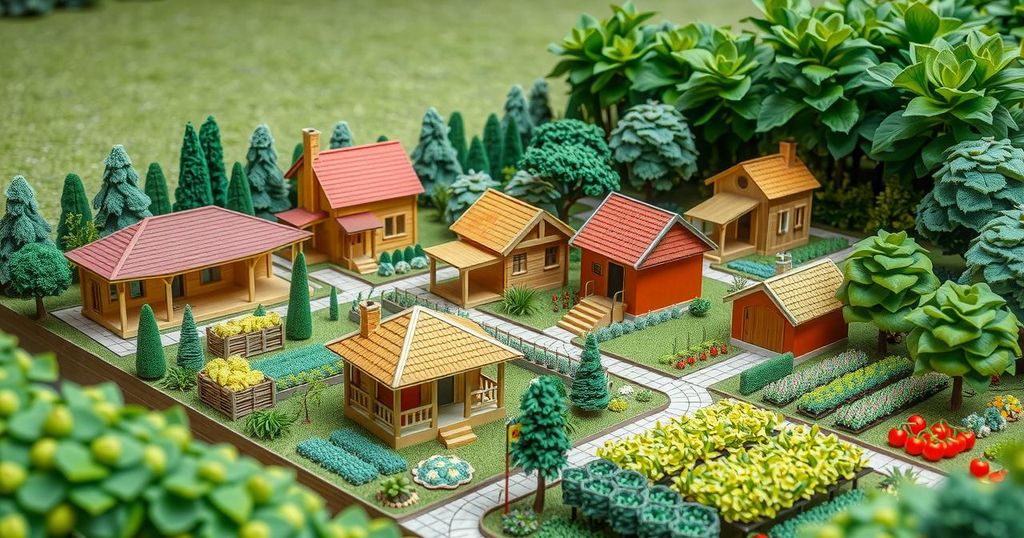Rwanda’s government has relocated vulnerable rural populations into “model villages” to improve living conditions and adapt to climate change. However, while some benefits have been observed, challenges such as food insecurity and economic difficulties persist, necessitating further attention and support.
Following the tragic genocide in 1994, Rwandans resettled and began farming wherever they could. The Rwandan government has since focused on consolidating these individuals into grouped settlements known as “model villages,” which aim to assist vulnerable populations, including those in impoverished or high-risk areas susceptible to climate-related challenges such as floods and droughts.
In conclusion, while the resettlement into model villages has yielded some improvements in living conditions and access to essential services, there remain significant challenges regarding food security and economic stability for the residents. Future initiatives must address these issues comprehensively to ensure the long-term sustainability of these communities.
Original Source: www.inkl.com






